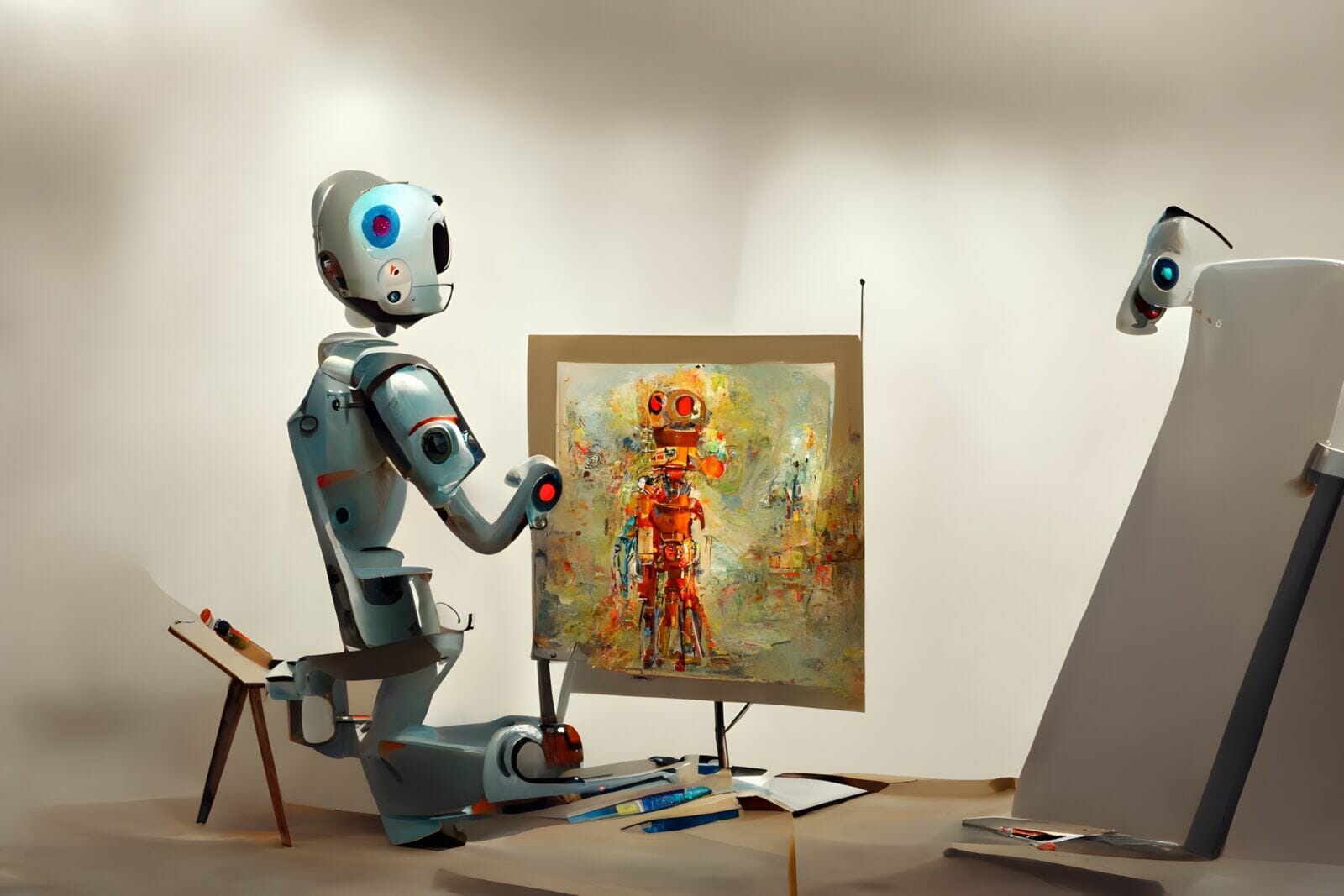The advancement in artificial intelligence and the technological revolution alter everything, including how we work, live, and amuse ourselves. People interested in the future of entertainment want to understand how AI is used to produce, distribute, and customize material in the modern world. This blog will explore how AI innovation transforms the entertainment industry, from content creation to personalized user experiences.
DEEPER DIVE: Read all the Ranking Arizona Top 10 lists here
1. AI-Powered Content Creation
AI’s capacity to produce content is among the most fascinating developments in the entertainment industry. These days, AI systems can produce music, compose scripts, and even produce lifelike visual effects for video games and films.
Platforms use AI to create trailers for various audiences, automate video editing, and create video summaries. It lowers expenses, expedites production, and enables artists to test new concepts more quickly.
Websites like Flixpress provide entertainment and technology insights that highlight how rapidly the media landscape is shifting.
2. Personalized Viewing Experiences
The days of everyone watching the same shows simultaneously are long gone. Platforms like Netflix, YouTube, and Spotify use artificial intelligence algorithms to examine user behavior and provide tailored content.
Longer audience engagement and higher user happiness are the results of this customization. Through analyzing your viewing habits, viewing duration, and skips, AI generates a personalized entertainment experience for every user.
3. Virtual Characters and Digital Humans
AI is making virtual characters come to life in previously unthinkable ways. AI-powered lifelike 3D human avatars are being used in live performances, video games, and movies.
These virtual avatars create new narrative opportunities by acting, singing, and interacting with real-world settings. Additionally, AI makes it simpler to de-age actors or replicate the likeness of deceased performers, giving directors greater artistic freedom.
4. Enhancing Gaming Experiences
The gaming sector is one of the largest industries that benefit from AI technology. AI is utilized to produce realistic settings, intelligent NPCs, and gameplay that adjusts to the preferences of each player.
Games are becoming more dynamic with customized challenges and changing storylines depending on the player’s choices. Credits to realistic graphics and clever opponents, AI is making gaming more immersive and captivating than ever.
5. Automated Dubbing and Subtitling
Language constraints have frequently restricted the global reach of entertainment content. AI is altering that by automating the procedures of dubbing and subtitling. Advanced speech synthesis can mimic lip motions with dubbed voices for audiences in other languages, making it seem more genuine.
In a similar vein, AI-powered translation systems are increasing the accuracy and speed of subtitling, enabling material to reach a wider, worldwide audience much more quickly.
6. Music Composition and Sound Design
AI is changing not only visual media but even the music industry. AI systems can write unique music, produce beats, and even recommend arrangements that fit particular genres or moods.
Musicians use AI tools for inspiration and teamwork to expedite the creative process. AI is also used by producers to automatically master recordings, which ensures high-quality sound creation while saving hours of manual labor.
7. Predicting Audience Preferences
Entertainment corporations use AI to forecast future consumer preferences. AI models are able to predict popular genres, stories, and even the optimum release windows by examining social media trends, viewing patterns, and customer feedback.
Studios utilize this information to approve projects, customize advertising campaigns, and lower the possibility of releasing content that doesn’t work out. To put it briefly, AI is making the entertainment industry’s business side more intelligent and data-driven.
8. Interactive Storytelling and Adventure
AI makes more engaging and dynamic entertainment experiences possible. Using interactive storytelling platforms, viewers can make decisions that affect the plot and result in various outcomes.
Real-time AI systems evaluate user choices and modify the narrative to give each participant a unique experience. This content blurs the distinction between viewing and playing, creating fascinating new storytelling styles.
9. Deepfake Technology in Entertainment
AI-powered deepfake technology is spreading throughout the entertainment industry. Deepfakes allow filmmakers to create stunt duplicates, resuscitate former stars, and de-age actors without endangering human life.
Although there are ethical issues, the careful application of deepfakes opens up previously unthinkable creative possibilities, enabling smooth character portrayal and narrative.
10. Enhancing Virtual and Augmented Reality
AI is elevating VR and AR experiences by improving their realism and usability. These technologies are changing how viewers engage with information, from AI-powered virtual concerts to augmented reality applications that superimpose virtual characters onto the actual world.
AI guarantees that each experience feels specially customized and intensely immersive by customizing VR settings according to user behavior and preferences.
Conclusion
Artificial intelligence has evolved from a backstage tool to a creative collaborator, completely changing the entertainment sector. Entertainment is becoming more dynamic, captivating, and global than ever before, with credit to incorporating technology into the narrative, from totally AI-generated performances to personalized recommendations.
The distinction between imagination and reality will become much hazier as AI develops, opening up countless new opportunities for both spectators and producers. The future of entertainment appears to be extremely bright and full of opportunities for those willing to embrace innovation.




